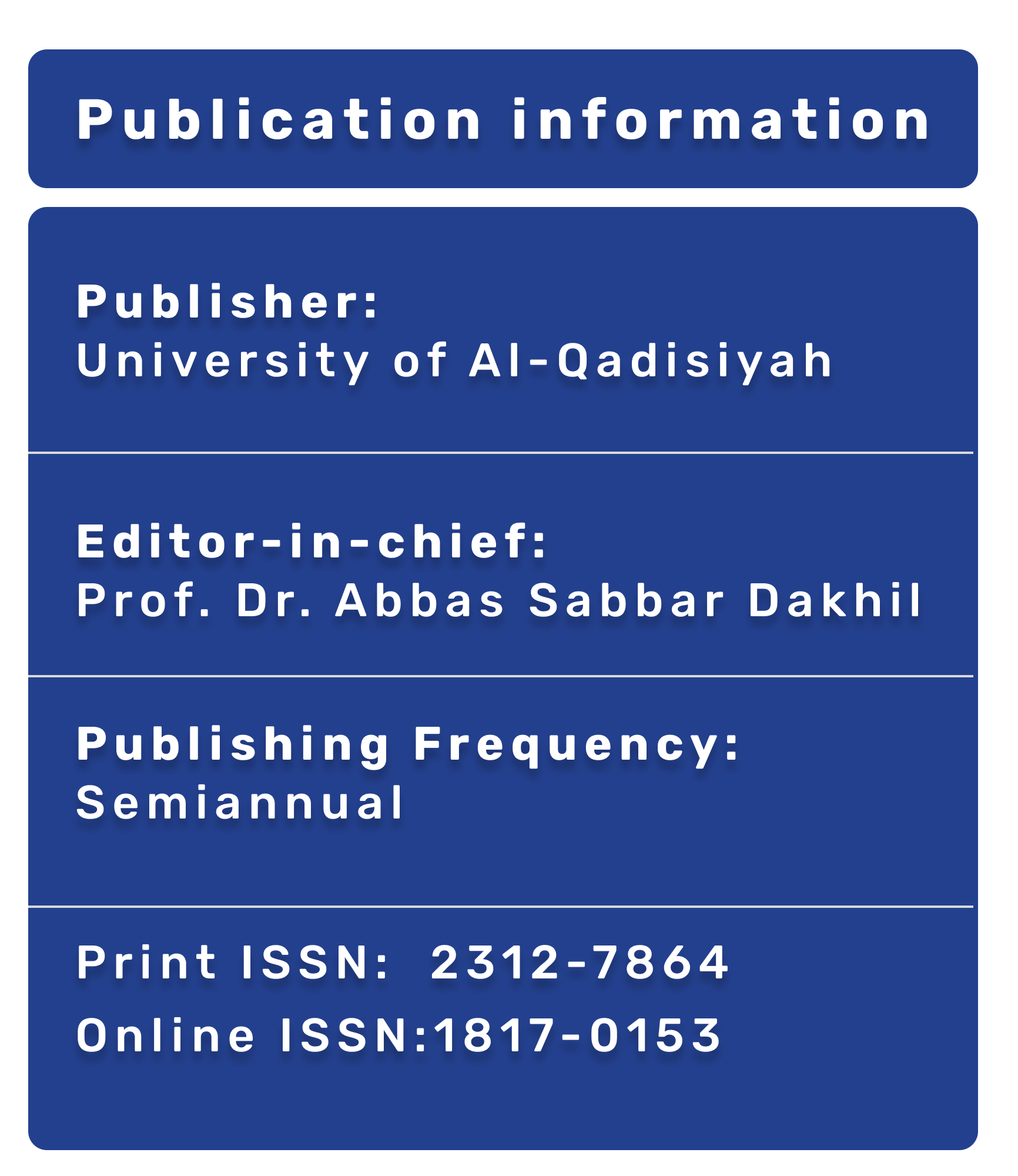Depression Among Internally Displaced People After February 22,2006 In Al-Diwaniya Governorate
DOI:
https://doi.org/10.28922/qmj.2015.11.19.26-34Keywords:
Internal displaced people, DepressionAbstract
Background Internally displaced persons (IDPs) are those who have been forced from their home but, unlike refugees, remain within the borders of their own countries. Mental health is recognized as a key public health issue for conflict-affected populations. Studies revealed high levels of depression among IDPsAims of the study
This study aims to identify the prevalence rate of depression among IDPs who left their homes after the bombing of the Al-Askari Shrine in Samara and now are resettled in AL-Diwaniyah governorate.
Also to study the prevalence rate of depression in relation with some socio- demographic variables (such as age, sex, marital status, occupation, and education).Also measuring the severity of depression among those people.
Methods
One hundred ten IDPs have been randomly selected in one area of Al-Diwaniya governorate (Insaf village) from a period of august 2nd, 2012 to January 2nd,2013. The presence of depression was diagnosed by using a semi –structured interview schedule based on ICD-10, diagnostic criteria for depression ,and its severity was rated by Beck depression inventory. The patients group was matched for age and sex with control group to achieve comparability.
Results
The result showed that the prevalence rate of depression in IDPs was 34.5% compared with 16.4% among their matched control group and this result was statistically significant. The rate of depression was higher for females than males ,with some differences in depression rate among socio-demographic variable. And According to the Beck Depression Inventory (BDI) , the majority of our depressive patients(60%) were of moderate severity of depression
Conclusions
Depression is common in IDPs .








